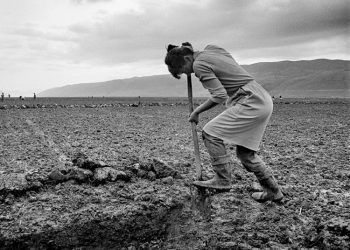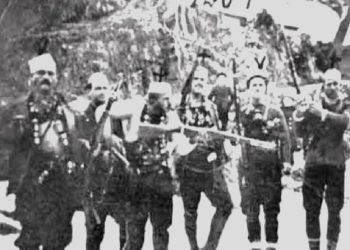By Vasil Qesari
The first part
Memorie.al/ The overthrow of the great totalitarian edifice in Albania would leave behind, not only the change of the system, accompanied by a lot of hopes, mirages and cries of happiness, but, unfortunately, also a lot of wounds, drama, victims, dust, milk and so on lies of all kinds. Ten years and more after that event, which deeply shook society by completely overturning many previous codes, rules and concepts, people still continue to ask themselves such questions as:
What really happened in Albanian society during the last 50 years of the dictatorship? How was it possible that the system managed to warp everything? Why did people accept it? What was the totalitarian logic of the transformation of society and the individual? How were the structures of totalitarian mechanisms conceived and functioning: propaganda, secret police and the exercise of the ideology of terror?
How did it happen that among all the communist countries of Eastern Europe, Albania was considered an exception or a special case? Why did Enver Hoxha remain blindly, fanatically loyal to Stalin until the end, turning the country into a prison where violence, fear and purges continued until the end of the 80s? Why was the country so insanely isolated, locking people up between bunkers and barbed wire? Why, then, did all the above phenomena happen…?!
The book “Post-scriptum for Dictatorship” does not claim to provide definitive answers to the above questions, or the complexity of the reasons that brought and maintained the totalitarian power in Albania. Nor is it a complete, deep and comprehensive fresco of the life and suffering that people experienced during that system.
Its author, perhaps, has the merit that together with the retrospective view of the totalitarian period as well as the zeal of a passionate analyst, he has tried to turn his head back once again, to give not only his personal memories and opinions, but also to return once again to the vision of that era with the simple philosophy of preserving the Memory and supporting the Appeal to never forget the well-known maxim, that…the corpse’s nails and hair continue to grow even after death!
Ten years or more after the great revolution, the book in question has current value and we hope it will be appreciated by the reader because, as an Albanian researcher also says… the greatest evil that can happen to a people comes when he fails to analyze his own past. An amnesic people are forced to be constantly neuropathic and repeat their painful experiences…!
Vasil QESARI – completed his higher studies at the Faculty of History – Philology (Language – Literature branch). For many years he worked as a correspondent of the Albanian Radio-Television in Vlora. In January 1997, it created the first local television channel, called Teleblu. He currently lives in France and works as a journalist-reporter on the French public television channel FRANCE 3. He is a member of the International Federation of Professional Journalists as well as an activist of the well-known organizations ‘Reporters sans frontiers’ and ‘Amnesty International’. After the publication in March 2000 by Toena, of the book ’44 days of Teleblu’, the author presents himself to the reader with his second book ‘Post-scriptum for the dictatorship’. In the last five years, Vasil Qesari has begun to dedicate himself decisively and passionately, awakening in his conscience and soul, the old passion for photography, having as his idol the great French photographer Henri-Cartier. Bresson. His photos, which in most of them represent street scenes and everyday life, above all, show the vision of a humanist and sensitive photographer. Vasil Qesari has had personal exhibitions in France, Albania, Tunisia, Lisbon and the USA (New York and Boston).
INSTEAD OF THE FOREWORD
“Communism was an original totalitarian system, which dominated all areas of human existence, deforming everything it “touched”, including all the codes and traditions that people had built up over the centuries. It deeply infected all the behaviors and customs of society. For years, communism installed in the consciousness of society new “values” and behaviors. It was a perverse system, which suppressed all the natural tendencies of human development, through force, fear and unconditional coercion… “!
Vaclav HAVEL
“Le cauchemar du monde post – communiste”. 1993
The book “Post-scriptum about the dictatorship”
I had the chance to become acquainted with the Evil One indirectly since I was a teenager. Or more precisely, earlier, when I was still a child, I continued school in my village, Qeparo. The tears of the grandmother for not entering the cooperative, the sudden arrest of a neighbor, the declaration of kulaks of some of the fellow villagers, the designation of a runaway boy from our tribe, the imprisonment of the father of the close friend – all this was for scary phenomena and events that I could not explain.
Of course, at that age, it was still too early to understand Evil in its essence, in its wickedness, ferocity, cunning and great deceit. Then, over the years, I began to feel more and more that the world around me was full of contrasts, different appearances and behaviors, as if it was divided into two parts. On the one hand there was her, with all her complexity, wonders and unknowns. On the other hand, I was the one who, with curiosity and attention, experienced and observed everything, giving explanations according to my mind.
So it was precisely in that period, that I started to kill my mind a little more, to judge the events I was experiencing. It was then that, little by little, I was realizing that I was born and lived in a very special place, where many things were done and happened differently than what was said and how people would want. Meanwhile, fortunately for me, our family has never been a direct victim of the regime.
Thanks to our father’s participation in the anti-fascist resistance and being a party member, as well as the fact that our maternal grandmother’s house had been the base of the war, we had no problems.
So, like thousands and thousands of children of my age, I was first, a distinguished pioneer and then a member of the BRPSH. Despite the hardship, poverty and privations of the time, like all my peers and me, there was enthusiasm and faith for the future.
At that time, we were very young, on the threshold of life’s big road and, of course, we didn’t even doubt that the future would definitely be happy and that it would definitely have beautiful surprises in store for us, day’s best, joy and well-being. What would happen to us, after 10 or 20 years? Where would we be? What work would we do? How would our life be? School, girlfriend, fiancée and then, lifelong friend…?
Such questions, full of curiosity, haunted us in boyish dreams, full of fantastic predictions and extremely exciting feelings. But the first and strong crisis with the optimistic world that surrounded us happened after finishing high school and starting my studies at university. It was, initially, a completely incomprehensible feeling. A certain amalgam of boredom and sadness to which, then, very quickly other notes of disappointment, residual joy, anger and, why not, even protests against my very existence were added.
Then, over the years, the gap with reality became even deeper. But, it must be said that the nature of the opposition to him, as for many, many of my friends and colleagues, was neither an open protest nor an entry into conflict with the regime, but simply a kind of silent resistance which, gradually forced, led us to a forced duality of personality, that is, becoming two-faced. It was precisely during that time that we got to know well, clearly and directly, the wild face of Evil.
She was there, always among us.
Vulnerable, authoritarian, imposing and brutal.
With the daily psychological terror. With the class war, taboos and forbidden things, with threats of arrests and deportations. With the hypocritical inconsistency between the slogans we heard from Party representatives and our lives in general. Between the contrast of the privileges of the nomenclature and the poverty of the people. Between the hypocrisy, the lies, the falsity of official speeches and slogans that glorified freedom, justice and prosperity, the gloomy and hopeless reality we were experiencing for days.
However, even in the midst of such a discouraging and asphyxiating environment, a good part of the people resisted and retained many wonderful qualities. They replaced the lack of a normal and free public life with their little private life, where even the control of the dictatorship had difficulty entering.
Friendships, loves, holidays and family visits, beach vacations, readings, foreign radio and TV channels, dreams and illusions of the young age, limited intellectual, artistic and sports passions – all these managed to fill the worrying void and the disfiguring erosion of totalitarian reality. They were precisely those, the only privileges, which made it possible to some extent, to ensure a certain survival, not to be lost completely.
To do more, it was tragically impossible!
Because, locked in the grip of life completely controlled by the Party, scared and closed, people had finally lost hope for another life. However, those who happened to be among the optimists did not give up until the end. Well, not because they hoped for a quick overthrow of the system, but because they believed that if not one day, once, Freedom would come.
When…?
No one knew that!
Undoubtedly, Freedom would be enjoyed only by future generations. But, in the end, even this was a great consolation. In a small, cold alcove of his house, my childhood friend, Sotir Koçi in ongoing conversation, with a low and trembling voice, he often asked me: How long will this regime exist? This is how our life will go, until death?!
Such questions are impossible to answer! Unfortunately for us and very tragically, we thought and were convinced that one thing was absolutely certain. That, even if the system were to fall once, we would absolutely not be part of that lucky generation that would experience that event. But, in his life, man should never say: This is not done or will never happen!…
Time showed that our prediction was wrong!
Ten years after that conversation, happily and thankfully, we were still alive and managed to witness what we considered completely unimaginable. Of the overthrow of the Great Totalitarian Tower, which would leave behind, not only the cry of ecstasy and happiness, dreams, hope and endless mirages, but also tragedy, pain, wounds, victims, dust, traps, scum, filth, hatred and disruption, the consequences of which we would pay much more than we expected.
Meanwhile, surprisingly, on a personal level, after the hallucinatory experience of that Great Day, the fate of evaluating my worldview and my controversial thoughts towards the regime, were accompanied by many paradoxes.
While during the totalitarian period, by the authorities and its levers, I was constantly described as a right-wing element, (in the sense of having cabbages on my head, anti-conformism, influences of Western culture, societies with declassified persons, expression of ideas of free of the desire to look beyond the horizon), during the installation of the new democratic order, groups of young partisans accused me of having served the old regime, of harboring and defending crypto-communist ideas and, even worse, of having been foreign secret service agent.
When, after the tragic chaos of 1997, I started my exile in France, thus starting with a broken heart another second life, the events and memories about the former experience of Evil, took on another emotional addition. But, unlike before, reflections, worries, thoughts and going back to the past, became more rational and much calmer; so, away from the hustle and bustle, harassment and passions of the Albanian street.
And, it was precisely in those circumstances that, surprisingly, I had the desire to calmly analyze the era, the time, the phenomena and the events of the totalitarian period, accompanied by the feeling of seeing from a historian as well as the zeal of an analyst of social sciences and political.
It was, therefore, for the first time that I was setting myself a modest, but also very serious and persistent goal, not only to show or testify, but also to analyze what had happened in our country. So, with the desire to add a post-scriptum, on behalf of myself and my friends, about the life of the totalitarian society as well as about the tragic fate of all those who experienced it.
But, in the meantime, writing a book on the dictatorship, in my opinion, would not be the drafting of a genuine historical or philosophical work which would pretend to analyze in depth and in all aspects the complex phenomenon of Albanian totalitarianism.
For many reasons such an undertaking would be an unbearable burden for me. But my work, commitment, research and judgments would have something else as an objective. The creation of a book of the essay-document nature, which would try to reflect, as realistically and objectively as possible, events, phenomena, situations and findings that occurred especially during the period 1970-1990.
So, the book in question would be, if we were to express it figuratively, a kind of desire and why not a new test of “re-experiencing” the totalitarian experience:
…which, if analyzed and presented well, could be useful and taken by everyone as something serious. Well, this, first of all, not only because totalitarian systems always tend to reappear, but also simply in the name of affirming a more civilized order.
In addition, my aim was that this book, in its entirety, would not consist of a simple mosaic of narratives and memories, but would be an attempt, a test and an attempt to answer such basic questions as: What had happened in fact in the Albanian society, during the 50 years of the dictatorship? Why did it happen? How was it possible? Where was the totalitarian logic of the diabolical process of alienation of the individual and society based? How was it implemented? Etc.
(The answers that have prevailed so far about these questions, in most cases, I think, have been more of a media nature, often based on party positions as well as on attitudes and instant judgments, often accompanied by many burdens emphatic, pathetic and voluntarist).
During the work on writing the book, by chance, I also had the idea that, in addition to the research and reflections on the questions I posed above, I should also reflect in it data, facts, memories and interpretations that various French authors have published about Albania of that era. Thus, digging through bookstores, libraries, shops, fairs and booksellers’ stalls, I noticed that the original phenomenon of Albanian Enver communism, which was treated by authors such as: G. Castellan, E. Guinard, T. Schreiber, E&J. P. Champseix, J. Bertolino, N. Martin, G. Jandot etc.
Meanwhile, by reading and browsing a series of books by other authors, current and different political and philosophical opinions, I was able to learn much more than what I knew, especially about the history, conception and functioning of the structures and totalitarian mechanisms, the organization of them, the role of individual measures, propaganda, secret police as well as the implementation of the ideology and practice of terror.
Elements, which helped me a lot to have a more objective, rational, deep and contemporary look about our totalitarian past, as well as about everything that happened in Albania, during the last five decades of the millennium that just passed.
Thirteen years after the fall of communism in Eastern countries, as well as the overthrow of the extreme Stalinist regime in Albania, I hope that such a book will have current value and will be considered useful by readers.
Because, as an Albanian researcher has said: … the greatest evil that can happen to a people comes when it fails to analyze its own past. An amnesiac people are bound to be neuropathic and repeat their painful experiences…!
I – THE COMING OF THE ANTI-CHRIST
“Terror, purges, mass executions…! For almost half a century, in the heart of the European continent and in the biggest secret, isolated and cut off from the world, Albania was subjected to the megalomaniacal stupidity of its leader and lord to the all-powerful Enver Hoxha, nun and patriarch of integral communism…”! Thomas SCHREIBER “Enver Hoxha – Le sultan rouge”. 1994/Memorie.al
The next issue follows




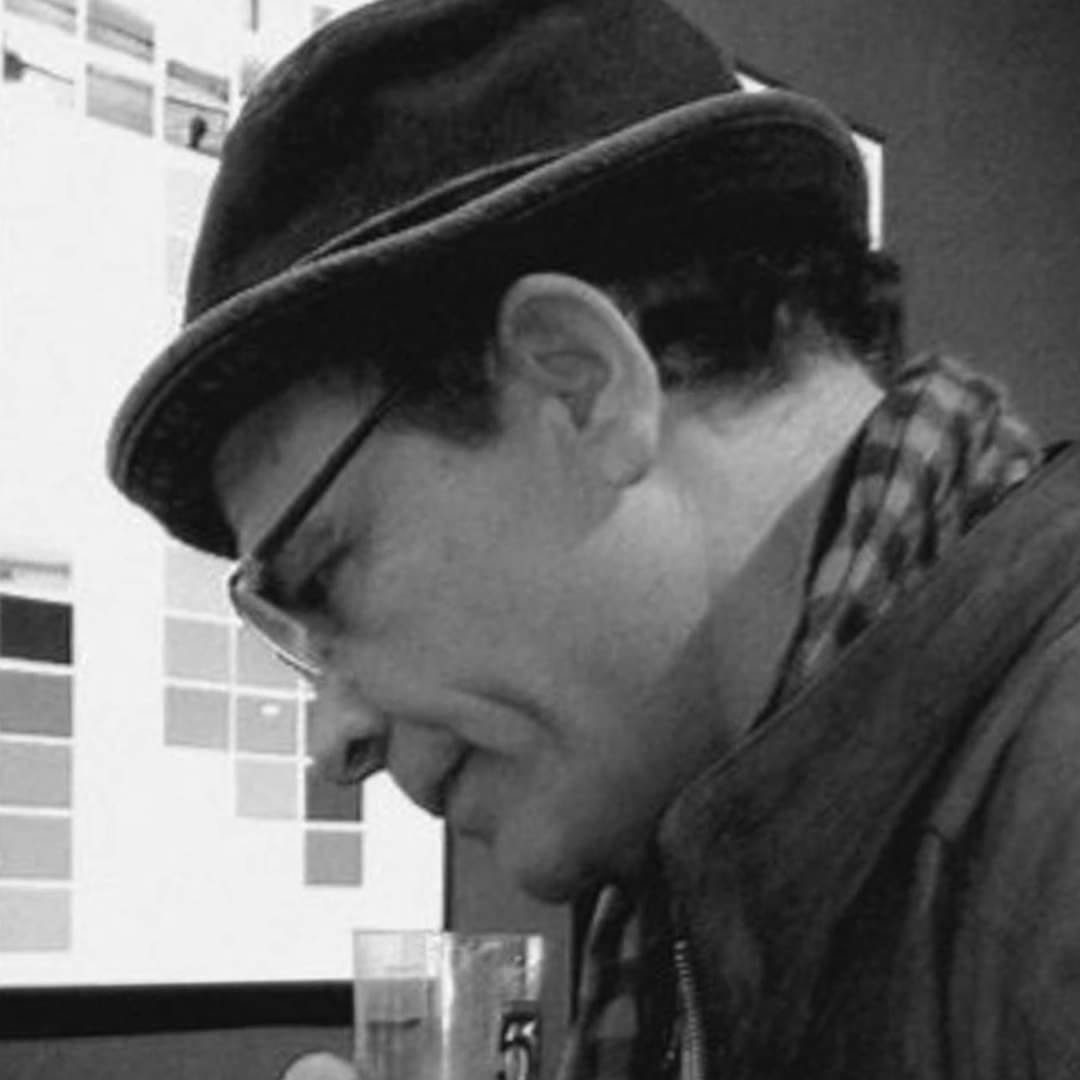
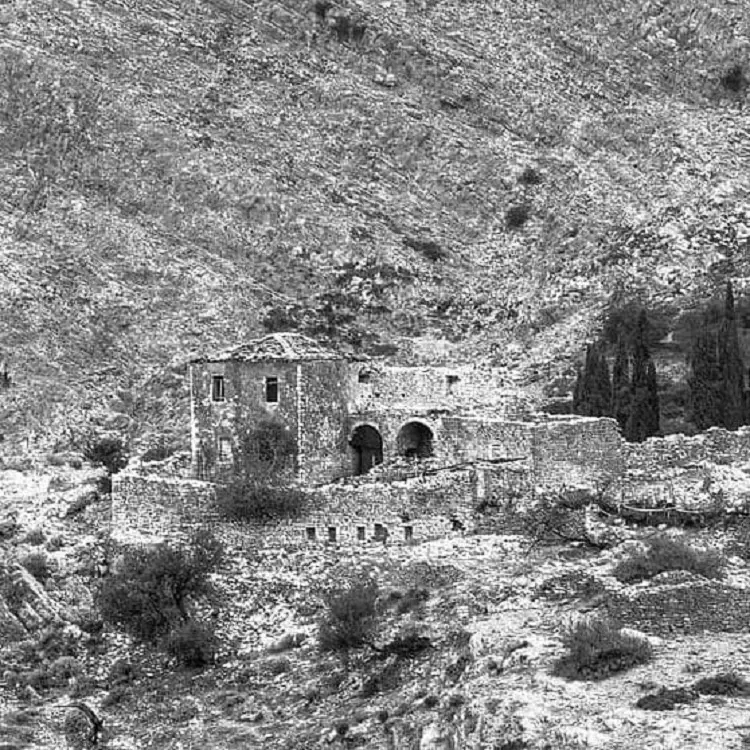
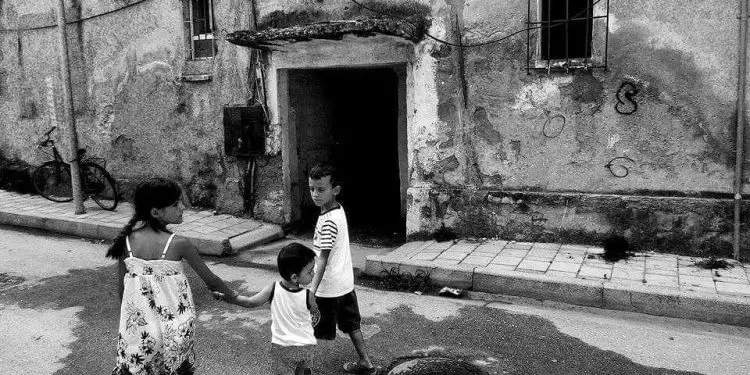
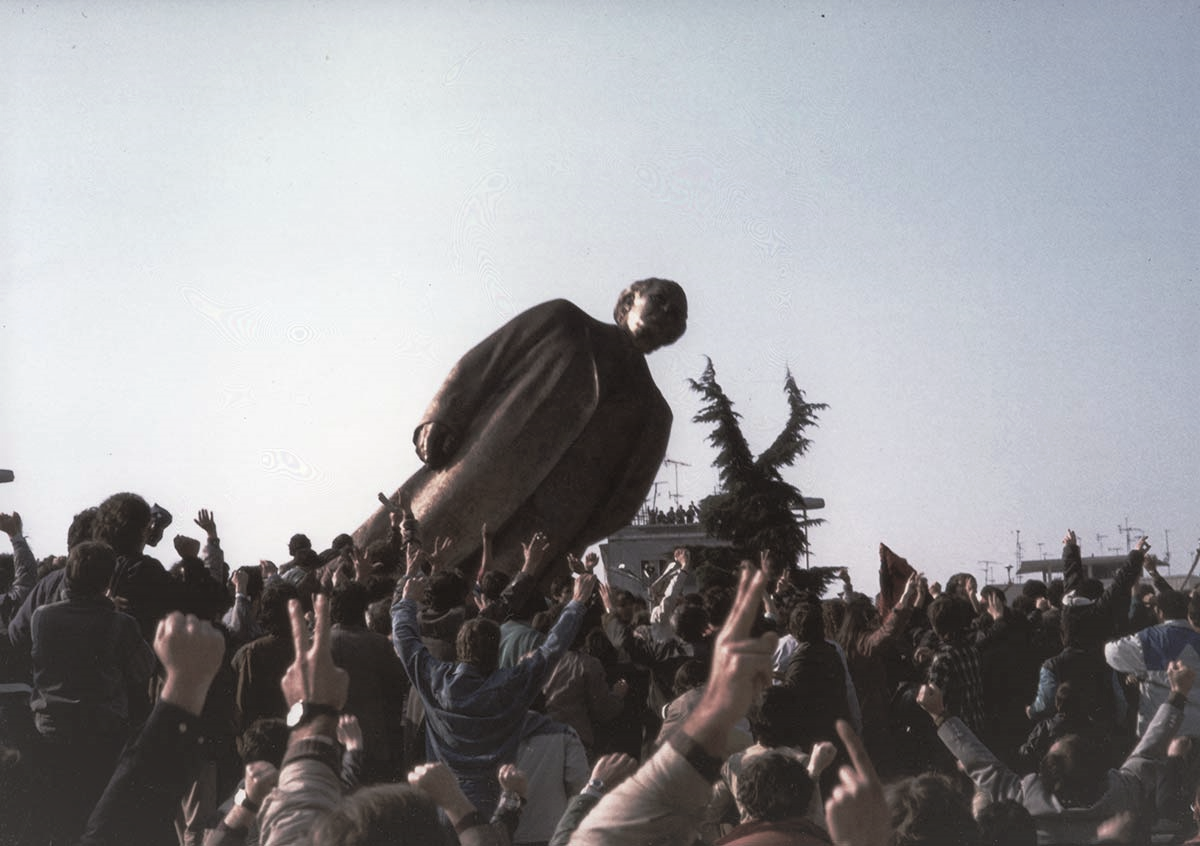
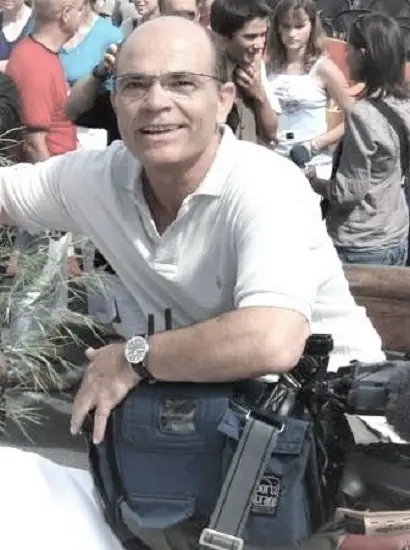
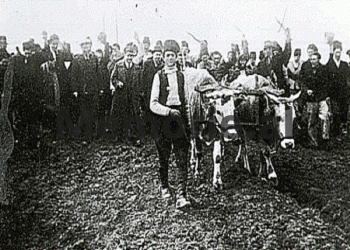
![“They have given her [the permission], but if possible, they should revoke it, as I believe it shouldn’t have been granted. I don’t know what she’s up to now…” / Enver Hoxha’s letter uncovered regarding a martyr’s mother seeking to visit Turkey.](https://memorie.al/wp-content/uploads/2026/01/Dok-1-350x250.jpg)

